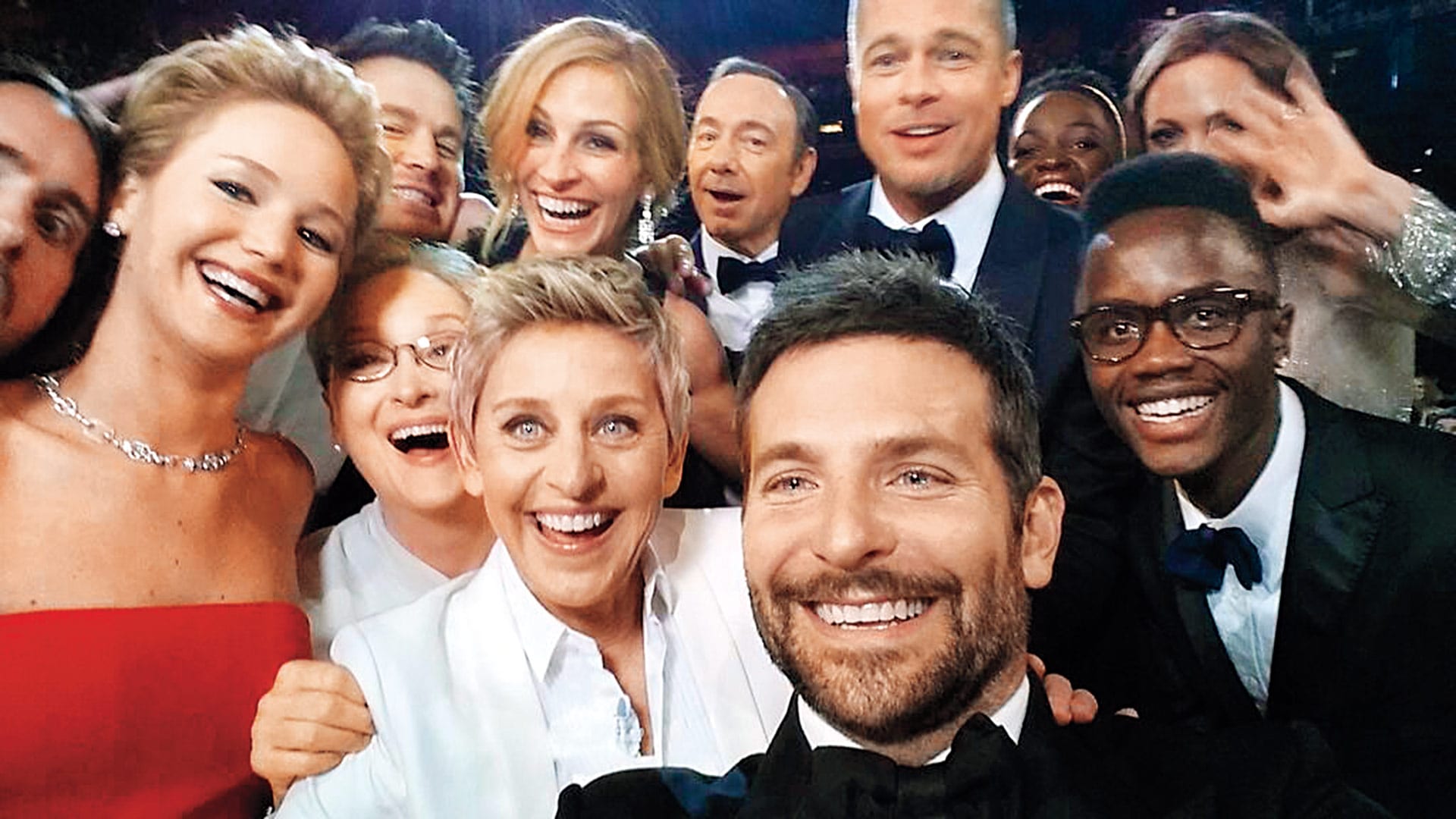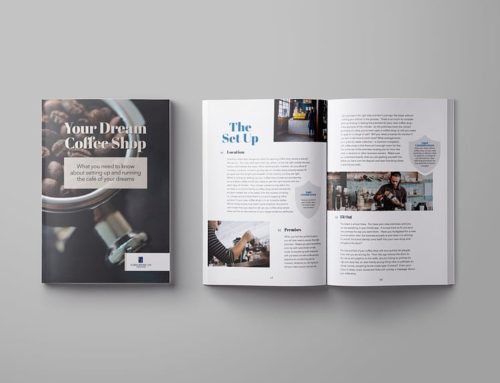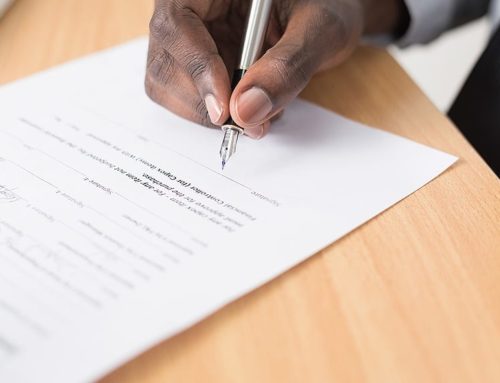 This week marks ‘Safer Internet Day’. This is an EU wide initiative to promote a safer internet for all users, especially young people, (please see http://www.saferinternetday.ie/). The importance of such a campaign cannot be underestimated. The world is a changing place and at the forefront of this change is internet use.
This week marks ‘Safer Internet Day’. This is an EU wide initiative to promote a safer internet for all users, especially young people, (please see http://www.saferinternetday.ie/). The importance of such a campaign cannot be underestimated. The world is a changing place and at the forefront of this change is internet use.
2014 saw the rise of the ‘selfie’. The selfie has a somewhat comical but nonetheless accurate definition on Wikipedia as ‘A selfie (/ˈselfiː/) [1] is a self-portrait photograph, typically taken with a hand-held digital camera or camera phone. Selfies are often shared on social networking services such as Facebook, Instagram, or Twitter. They are usually flattering and made to appear casual. Most selfies are taken with a camera held at arm’s length or pointed at a mirror, rather than by using a self-timer’.
While being utilised for a long time on numerous different social media sites in the past, the selfie was thrown into prominence at last year’s Academy awards, when a photo including many Hollywood A Listers made headlines all over the world. Since then selfies have grown exponentially. You cannot log into a social medial site without being subjected to an individual’s staged photographic opinion of themselves.
While many selfies have been used fun, or even to raise awareness for a good cause (the ‘no makeup selfie’ which raised in excess of €750,000 for the Irish Cancer Society), there is always a darker side to such an activity. It has recently come to light that numerous criminals are extracting individual’s selfie photos and uploading them directly to illegal websites, including sites related to child pornography, trafficking and prostitution. Frighteningly, this is happening on a daily basis.
While it must be accepted that people will continue to upload pictures of themselves for viewing by their friends, everyone should remember that these pictures can be viewed, taken and used by other unconnected people. Careful consideration should be taken to the type of photo which is uploaded, where it is uploaded, and the privacy settings used to ensure that the photo is not used for any other purpose. We always advise….. if you would not want the photo up on every lamp post in your town, do not upload it on the internet. The audience is far wider and more than willing to share!.
William Clarke is a partner in Clarke Jeffers Solicitors, and a specialist in IP/IT Litigation.
Clarke Jeffers ©2015
This article is intended to provide a general overview and commentary on a particular topic. It is provided wholly without liability or responsibility on the part of Clarke Jeffers and does not replace the necessity to obtain specific legal advice.






